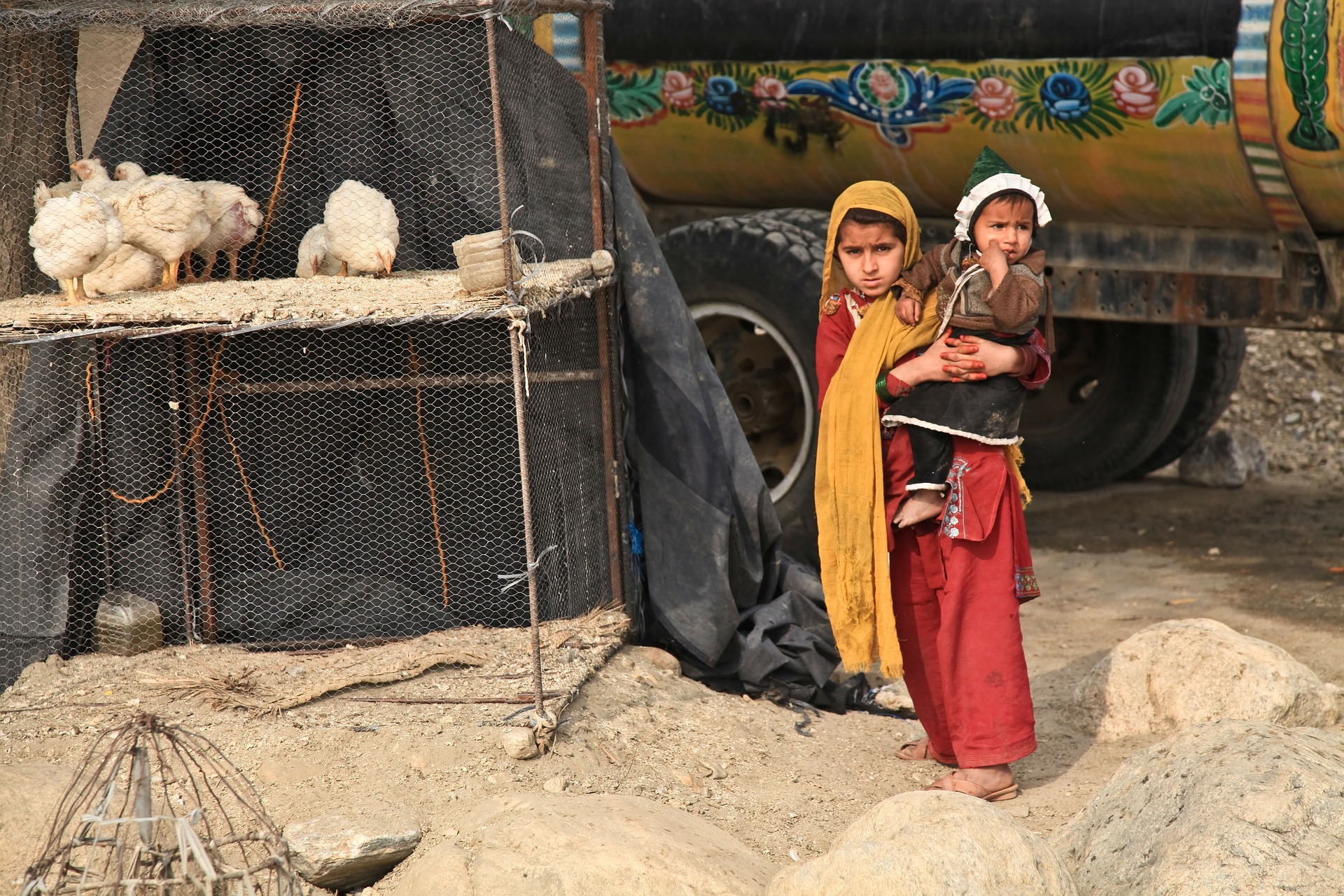Nation Building
Grass-roots, bottoms-up capitalism, the kind that propagates piecemeal, coasting along on word of mouth from village to village, taking perhaps a decade, or longer, to provide the empowering and liberating effect of a market economy, while the Afghan army, with our support, suppresses the opium trade and secures the border with Pakistan, may be the only roadmap to victory. Small credit unions have revolutionized the life of the poorest of the poor in India and Bangladesh. Why can’t they work in Afghanistan? All it takes in a rural economy is often a mule and 30-to-40 acres of land. But if there are comprehensive, viable socio-economic plans that will be implemented concurrently with the military surge, Obama forgot to mention them.
Umberto Eco writes that neowar is a media product, where “the media take the logic of war and maximizes the good”. Nowhere is this more evident than false reports of 82% of Afghans having access to basic health care as a result of our efforts. Health care that exists in Afghanistan is mostly provided by voluntary associations like Doctors without Borders. Wounded are often carried on a donkey’s back or on a man’s back on long and tortuous roads to be treated by one of the make-shift facilities the volunteers have set up. This grim reality is not depicted in the mainstream media and remains outside the sphere of consciousness of the average American.
A recent BBC poll listed unemployment, healthcare, lack of electricity, access to potable water, and roads—in that order—as the five basic concerns of Afghans. Could rebuilding the Afghan government and winning the people’s heart, in other words “nation building”, be still feasible? If Ghandi was right that “the greatest violence against a people is poverty,” the solution has to be socio-economic, taking up on our initial promises, with a counterinsurgency strategy as a congruous support for nation-building initiatives, not the principle tenet of our strategy.
…
Courtesy image by Pixabay



